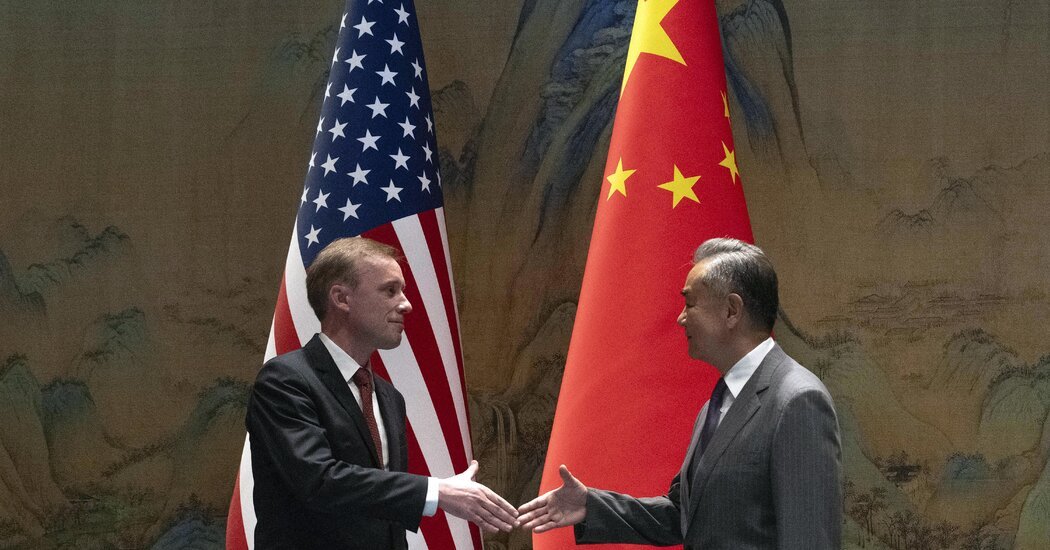
“I think there is a practical answer to that, which is agreements between governments that introduce effective security measures and transparency around hardware, model weights and knowledge, and that’s what we’ve gone through in our MOU (memorandum of understanding) with the UAE, and I believe that it is a sustainable model for a strong technological partnership with that country, as well as with other countries, which gives the US a number of economic and strategic advantages, where the alternative is to go into China’s technological orbit, which we do not want.”
On the types of trade deals Asian nations want:
“What countries are looking for, in my opinion, has become more and more tailored. It’s not just about some kind of broad market access. These are the special needs of a country that is thinking about its economic model for the future. So the economic dialogues we’ve had with these countries and the attractiveness of the United States speak to a lot more than just: can we lower barriers to market access?”
“Let me give you a few examples. They really wanted a critical mineral MOU with Japan to access the benefits of the IRA (Inflation Reduction Act). That was somehow their number one issue, much more important to them than any broader trade agreement. It is quite similar with Indonesia. This is what Indonesia is looking for. Basically, they want to work out a high-standard key minerals agreement so that there can be a flow of Indonesian nickel into American production of electric vehicles, batteries and so on with other countries.”
On whether American workers and industries have benefited from past free trade agreements:
“So where did the workers fit into that? You could say, well, the workers fit into it. They’ll get cheaper goods, and that’s good for them and, to a certain extent, that’s true, so I’m not averse to free trade. But it has to have some element of theory about how the US industrial base, the capacity to build here, is sustained, and that’s why I actually think things like the IRA (Inflation Reduction Act) and the key minerals agreement with Japan are a more rational way of thinking on free trade in the future.”
On what Mr. Sullivan learned from his meetings with Mr. Xi and Mr. Wang:
“The biggest thing that sticks out to me comes out of the meeting with Xi — and that was reinforced in the meeting that President Biden had with Xi, and also in the meetings with Wang Yi, but intermittently — which is mine when we came into office, the Chinese attitude was: if you are going to compete with us, then we will not cooperate with you and we will not have lines of communication. You can’t have both. You have to choose. And we just stuck to our theory, which is managed competition: we’re going to compete, we’re going to compete hard, but that doesn’t mean we shouldn’t find areas to work together where it’s in our mutual interest at the same time that we’re competing . And in order to compete responsibly, we need to have communication at all levels, including maintaining communication between the military.”
“On the way out, the PRC (People’s Republic of China) has, at least for now, adopted, not in the way they speak, but in the way they relate, competition in governance. We have found areas to work together: on the fight against narcotics, artificial intelligence, nuclear risk and climate. We have sustained communications, including military-to-military communications, and we compete, obviously we compete strongly, and yet there is an element of stability to the relationship so we are not on the verge of a downward spiral at the moment. It is a significant evolution over four years in the way the relationship is managed on both sides, and it is in line with our relationship management theory which the PRC has now mirrored.”








